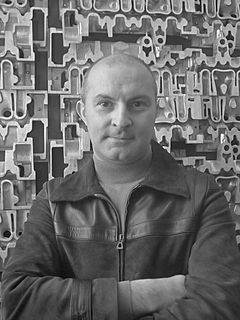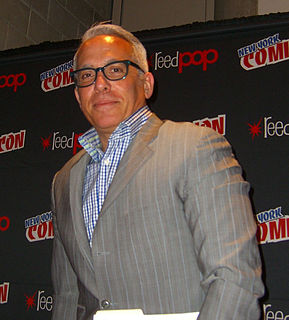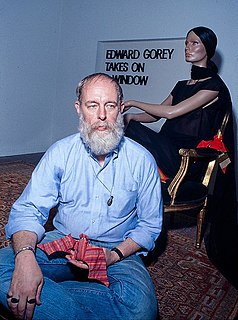A Quote by Henri Frederic Amiel
Time is but the measure of the difficulty of a conception. Pure thought has scarcely any need of time, since it perceives the two ends of an idea almost at the same moment.
Related Quotes
When a thought of Plato becomes a thought to me,--when a truth that fired the soul of Pindar fires mine, time is no more. When I feel that we two meet in a perception, that our two souls are tinged with the same hue, and do as it were run into one, why should I measure degrees of latitude, why should I count Egyptian years?
Time doesn't exist. It doesn't exist in any way. It's more subjective than real. Time doesn't exist. I believe in memory. Memory is the real inspiration. Memory creates time. Memory is pure power. Pure power and pure strength, and pure utilization of space and time (if time is something we can really ever label). But I don't believe in time itself.
For me, architects and film directors operate similarly. They are practical. As an architect, you know what you want in the conception of a space - but you still need a lot of people to help you out. You need an engineer, interior architects. But a film is the same - you have all these elements. But in terms of concept, it's always about time. When you approach a building, you need time to go from point A to B. Buildings are designed as a journey and films are the same, you have an opening that you come through, an angle you follow, maybe a disruption in space.
It's so funny. I honestly thought every one of those people on the show could beat anyone at any time anywhere. You just have to have a slightly off day or moment or two or you missed a touch of acid. It has nothing to do with credentials. Anyone could've chopped anyone at any time. I had to look at myself as the one who could lose this the most.
This is a glorious biography ... The time is ripe for a new biography of Edith Wharton of this intimacy and on this scale ... Lee the biographer pursues her subject down every winding corridor, into every hidden passage and dark corner ... Her critical exploration of Edith Whartons work is dazzlingly assured ... A feat of exhaustive research, and finely tuned to Whartons creative achievement at the same time ... [Wharton] could scarcely have failed to be impressed by ... its artistic sympathy, its sonorous depths, and its soaring conception.
We are seeing, then, that our experience is altogether momentary. From one point of view, each moment is so elusive and so brief that we cannot even think about it before it has gone. From another point of view, this moment is always here, since we know no other moment than the present moment. It is always dying, always becoming past more rapidly than imagination can conceive. Yet at the same time it is always being born, always new, emerging just as rapidly from that complete unknown we call the future. Thinking about it almost makes you breathless.







































